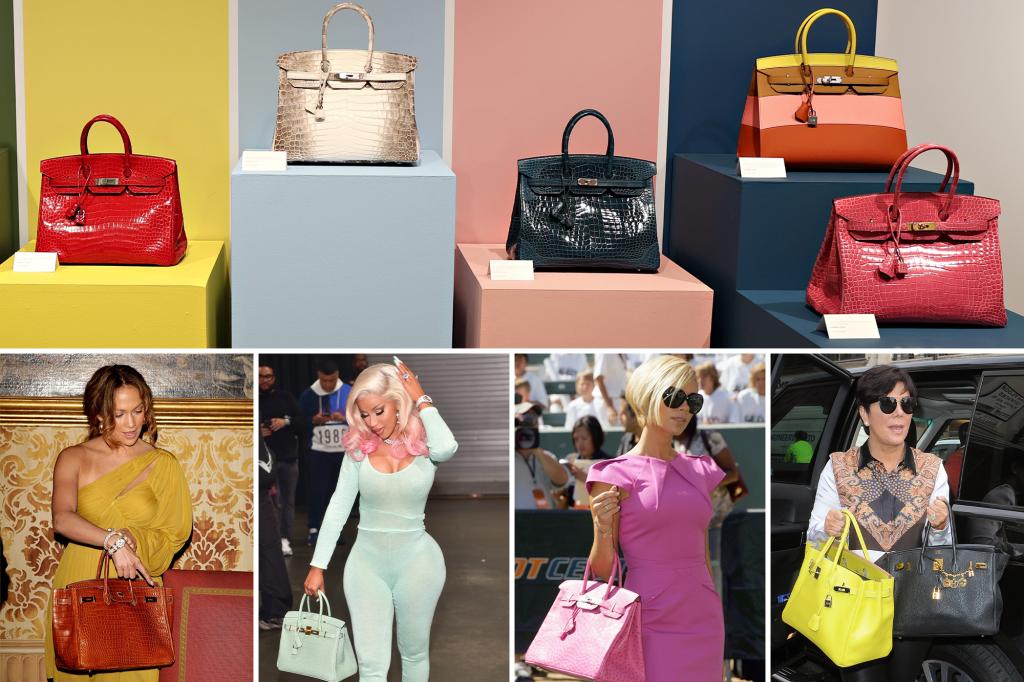The Birkin handbag from Hermès, known for its exclusivity and high price tag, has become even more coveted in the resale market, with prices often doubling in value in as little as five years. Luxury expert James Firestein, founder of OpenLuxury, reported the steepest price increase he had seen was for a Black Togo 30 Birkin that doubled in value in just five years. Typically, it takes around a decade for the price of a Birkin to increase by two-fold, with many people seeing returns on their investment by buying the bag in pristine condition and reselling it later.
Over the past decade, the resale value of Birkin and Kelly bags from Hermès has outpaced even gold. In 2020, despite the challenges posed by the COVID-19 pandemic, Birkin bags saw impressive returns of 38%. Firestein estimates that 25% of Birkin buyers purchase the bag as an investment and keep it in storage, while the remaining 75% choose to use their bags. This surge in resale value and popularity of Birkin bags has made them highly sought after on the second-hand market.
Many shoppers opt to purchase Birkin bags from the second-hand marketplace rather than directly from Hermès due to the long and uncertain process of buying from the luxury brand. Stores around the world are allocated a limited number of Birkins each season, with the specific styles and colors often unknown in advance. As a result, it can be difficult for customers to purchase the exact bag they want directly from Hermès, leading them to explore other avenues to acquire this coveted accessory.
The high prices of Birkin bags are largely driven by the scarcity principle, with many styles selling for well above their original sticker price. Even common leather styles in fresh condition can fetch prices ranging from $25,000 to $30,000 in the resale market, with more unique or limited edition designs commanding even higher prices. The exclusivity and high demand for Birkin bags have led to accusations that Hermès makes it too difficult for the average shopper to acquire one, with a recent class-action lawsuit alleging that the brand engages in unfair business practices to keep the bags out of reach of many customers.
The lawsuit claims that Hermès requires customers to buy other luxury products, such as shoes, scarves, belts, jewelry, and home goods, before being considered for a Birkin purchase. Customers must also have a sufficient purchase history with the brand and be deemed worthy before being offered a Birkin, which is allegedly not publicly displayed but kept in a private room. The lawsuit argues that the combination of high demand, low supply, and Hermès’ control over the market for Birkin bags gives the brand significant market power, making it difficult for many customers to obtain one of their own.


